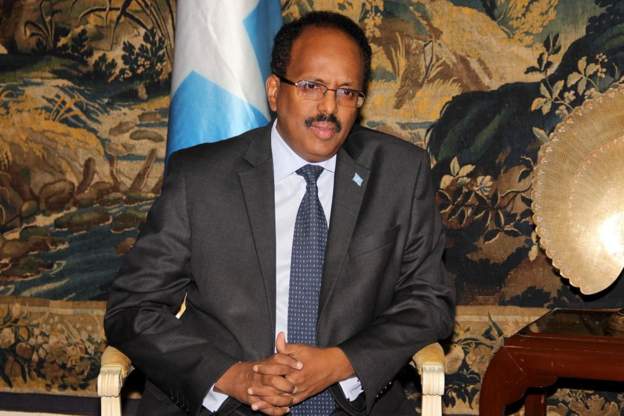Unstable East African nation of Somalia has been ranked the world’s most corrupt country, a title it has held for some time now.
The latest 2019 Corruption Perceptions Index (CPI) released by Transparency International shows that Somalia is not making much progress.
The index is published annually by the anti-graft body, assessing perceived levels of public sector corruption in 180 countries.
Somalia’s government has often dismissed these rankings and reportedly is doing so with the latest ranking.
The UN-backed government has however struggled for years to restore peace and sound security to the country.
Lack of rule of law
The lack of rule of law has created an opportunity for “petty bribery to high-level political corruption” to take place in Somalia, according to the report.
Transparency International in its report recommended that Somalia establishes structures for “political accountability to facilitate anti-corruption mechanisms”.
There are plans in place for Somalia to hold a credible general election thus year which will be the first in over 50 years.
While battling the militant group al-Shabab which continues to carry out deadly attacks killing many and displacing citizens, Somalia is also battling economic issues.
The International Monetary Fund (IMF) and the World Bank are all working towards supporting Somalia make progress economically.
But it is not only Somalia that performed poorly in the latest corruption rankings.
Another East African nation, South Sudan which has battled civil way for years is the second most corrupt country.
The top countries are New Zealand and Denmark, with scores of 87 each, followed by Finland (86), Singapore (85), Sweden (85) and Switzerland (85).
The bottom countries are Somalia, South Sudan and Syria with scores of 9, 12 and 13, respectively.
These countries are closely followed by Yemen (15), Venezuela (16), Sudan (16), Equatorial Guinea (16) and Afghanistan (16).
Fight against corruption
In its report, Transparency International said “this year’s Corruption Perceptions Index (CPI) reveals that a majority of countries are showing little to no improvement in tackling corruption.
Our analysis also shows corruption is more pervasive in countries where big money can flow freely into electoral campaigns and where governments listen only to the voices of wealthy or well-connected individuals.”
“To end corruption and restore trust in politics, it is imperative to prevent opportunities for political corruption and to foster the integrity of political systems,” the anti-graft body said further recommending that countries
- Manage conflicts of interest.
- Control political financing.
- Strengthen electoral integrity.
- Regulate lobbying activities.
- Empower citizens.
- Tackle preferential treatment.
- Reinforce checks and balances.
Source: Africafeeds.com



